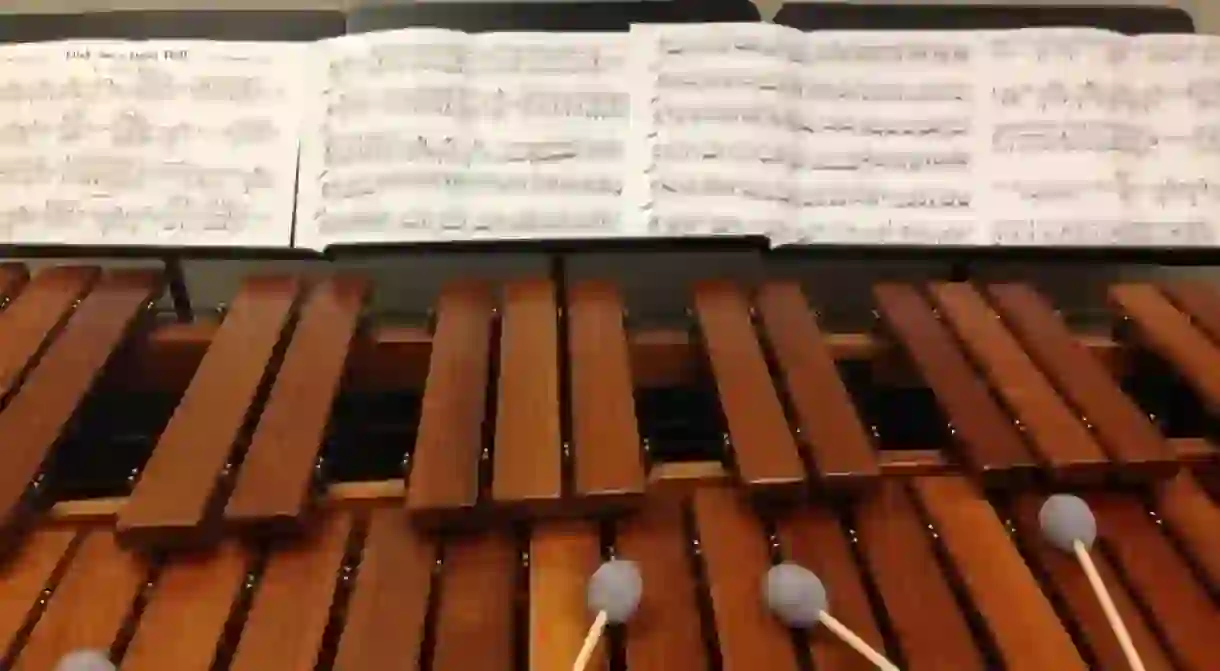Marimba: How Guatemala’s National Instrument Is a Symbol of Resistance

Guatemala has a long and sometimes violent history that can still be seen throughout its culture today. Despite the hardships that they face, the Mayans are proud of their resistance. For them, the continued use of a musical instrument known as a marimba is a show of strength for their culture.
Guatemalan indigenous groups suffer rampant discrimination
Indigenous Mayans make up around 40 percent of the country’s population, but their culture has been under attack since the Spanish colonizers arrived around 500 years ago. Since then, they have weathered the storm of violence, discrimination, and even alleged genocide at the hands of the Guatemalan government. And yet despite the hardships that they face, the Mayans are proud of their resistance. For them, the continued use of a musical instrument known as a marimba is a show of strength for their culture.

Proud to maintain use of marimba
This large wooden instrument looks like a big xylophone, and it has a special significance for the Mayan community in Guatemala. Music is one of the most important factors when it comes to resistance, in particular the marimba. To this day, the marimba is used in celebrations and ceremonies across the country.
Musical instruments are important to each and every culture in which they are used. For example, the guitar is beloved in Spain due to its use in the flamenco. However few countries place such an importance on their musical instruments as a defiant expression of culture in the face of repression as the marimba in Guatemala.

Ongoing struggle for Mayan groups
The Mayan population in Guatemala continues to protest against infrastructure projects that affect their ancestral lands, discrimination, and other injustices in the Central American country. At the same time, the marimba offers the community a chance to express an important part of their culture and show that they won’t be dominated, no matter how hard some people might try.

You can hear the marimba in some traditional restaurants in Guatemala City and Antigua, or during celebrations across the country. It’s often played by two or more people at once, due to the number of keys available and the size of the instrument itself.
Make sure to keep your eyes and ears out for it on your next visit to the country.













